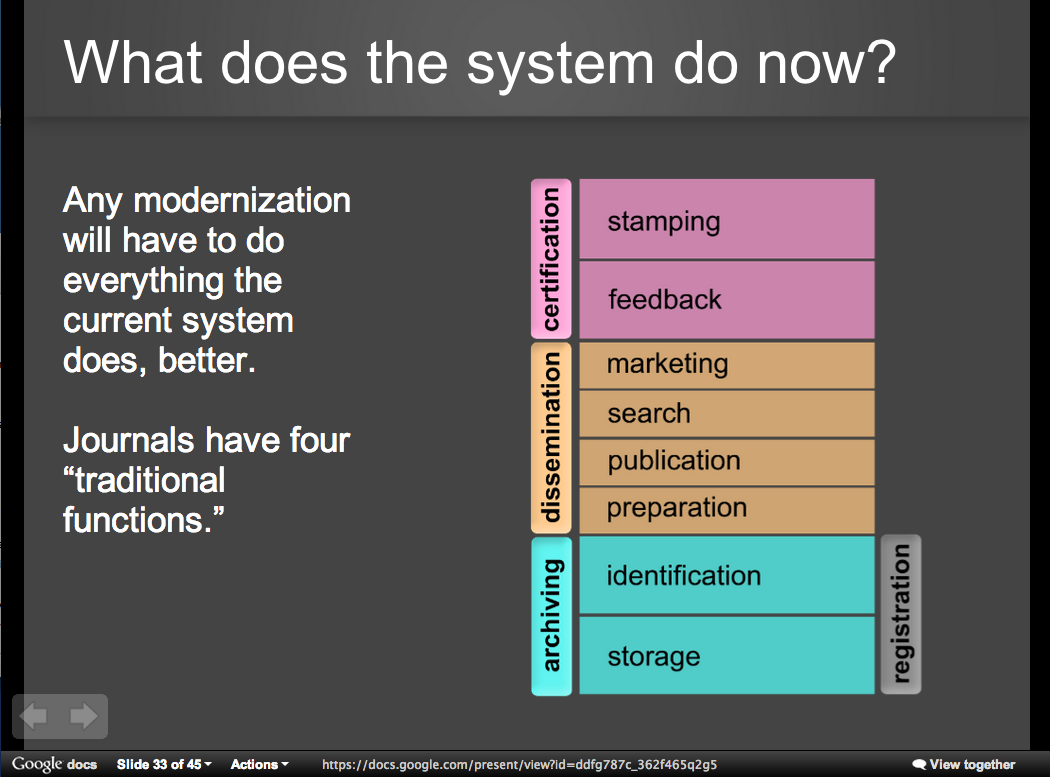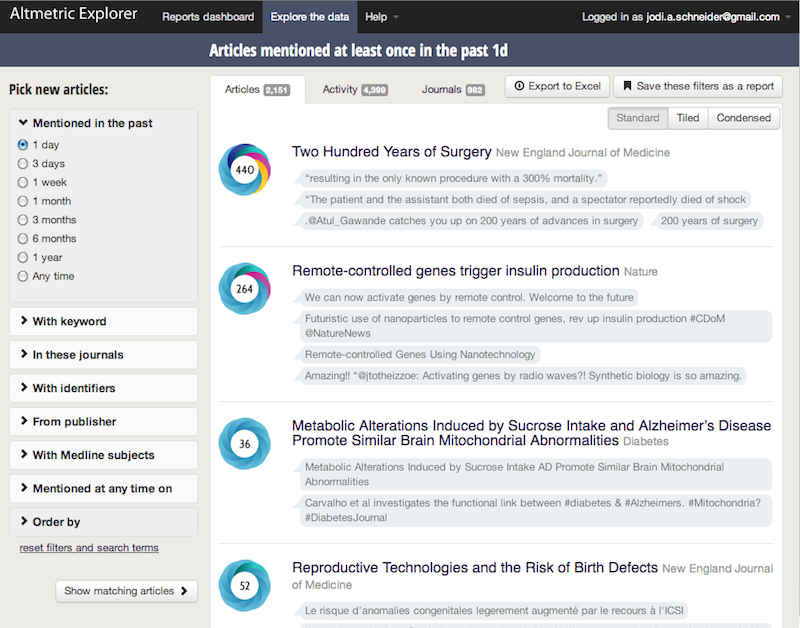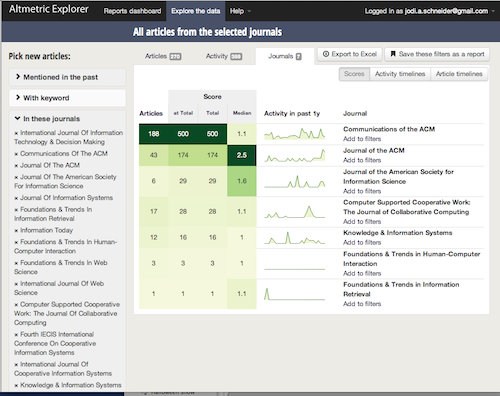Applications will be reviewed on a rolling basis each Monday until the position is filled, with first review on Tuesday July 5, 2022.
The School of Information Sciences (iSchool) at the University of Illinois at Urbana-Champaign seeks a Postdoctoral Research Associate, mentored by Dr. Jodi Schneider, to contribute to research projects in the Information Quality Lab in the areas of scientometrics, argumentation, and scholarly communication.
Work arrangements
- Remote work within the United States or on-site/hybrid in Champaign, Illinois.
- Two-year appointment with the possibility of renewal.
- Salary commensurate with experience. University health insurance benefits.
- Professional development funding for research-related expenses.
Information Quality Lab: Expected Work
As part of the iSchool’s Postdoctoral Research Associate Program, the selected applicant will receive mentoring and community support to prepare for permanent appointments both inside and outside of academia. The selected applicant will work with Dr. Schneider to create an individual development plan.
The selected applicant will lead, conduct, and publish research, in an interdisciplinary information science research environment. Research contributes to two sponsored projects:
Scientometrics supporting metadata/display standards development in scholarly publishing
- To what extent is authoritative information on retracted papers consistently available and accessible in a variety of field-specific and multidisciplinary databases?
- How does retraction of code and datasets impact related publications and what are the legal, social, and ethical ramifications?
- What are the implications of specific instances of successes and failures in the metadata pipeline, for designing consensus practices?
Document analysis to understand how journalists, activists, Wikipedia editors, and other knowledge brokers assess info on COVID-19, climate change, and artificial intelligence & labor
- Construct corpora of news, social media posts, etc. quoting scientific products
- Lead argumentation and framing-focused document analysis
- In collaboration with the PI and PhD student Research Assistant:
- Create an information behavior model combining interview and document analysis
- Collaborate with public libraries to develop a toolkit of services for public libraries
- Design a scale-up project
Required Qualifications
- A PhD in any field (including, but not limited to, informatics, information sciences, library & information science, digital humanities, or computational social sciences, e.g., communications, anthropology, etc.).
- Research interest in one or more of the following: scientometrics, document analysis, altmetrics, argumentation analysis, science of science, scholarly communication, academic publishing, public policy, public understanding of science, argumentation mining, and text mining.
- Interest in interdisciplinary research.
- Excellent critical thinking, written and spoken English, and project management skills.
Preferred Qualifications:
- Evidence of interdisciplinary research through scholarly publications or translational / implementation science projects.
- Interest or experience in data-intensive and/or mixed methods research.
- Publications in areas related to the research.
- Interest or experience mentoring undergraduate and graduate student research.
- Experience in working with and interested in working with a diverse group of students, faculty, and staff and the ability to contribute to an inclusive climate.
Application Materials – send by email to Dr. Jodi Schneider jodi@illinois.edu:
- Current CV
- Short statement of interest
Questions about the position can also be sent to Dr. Jodi Schneider at jodi@illinois.edu.




